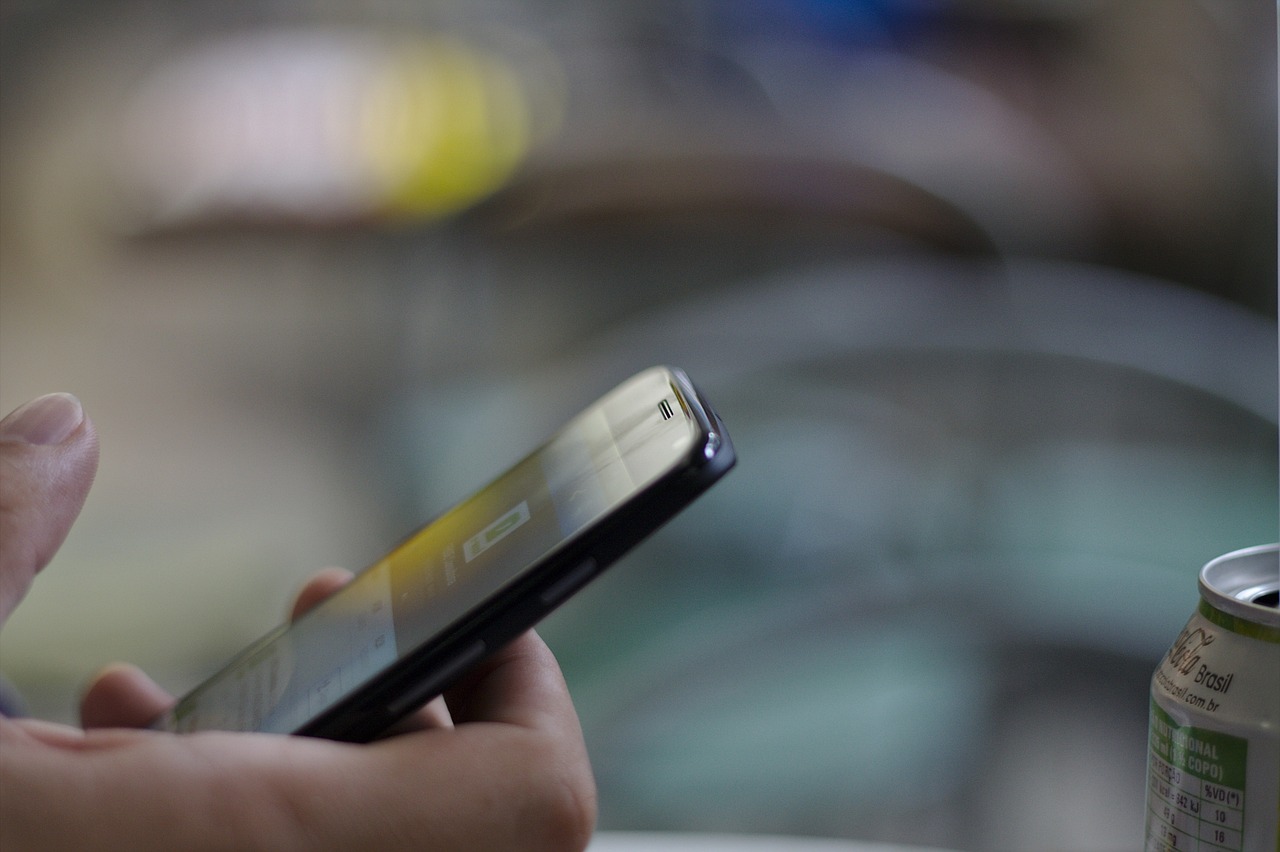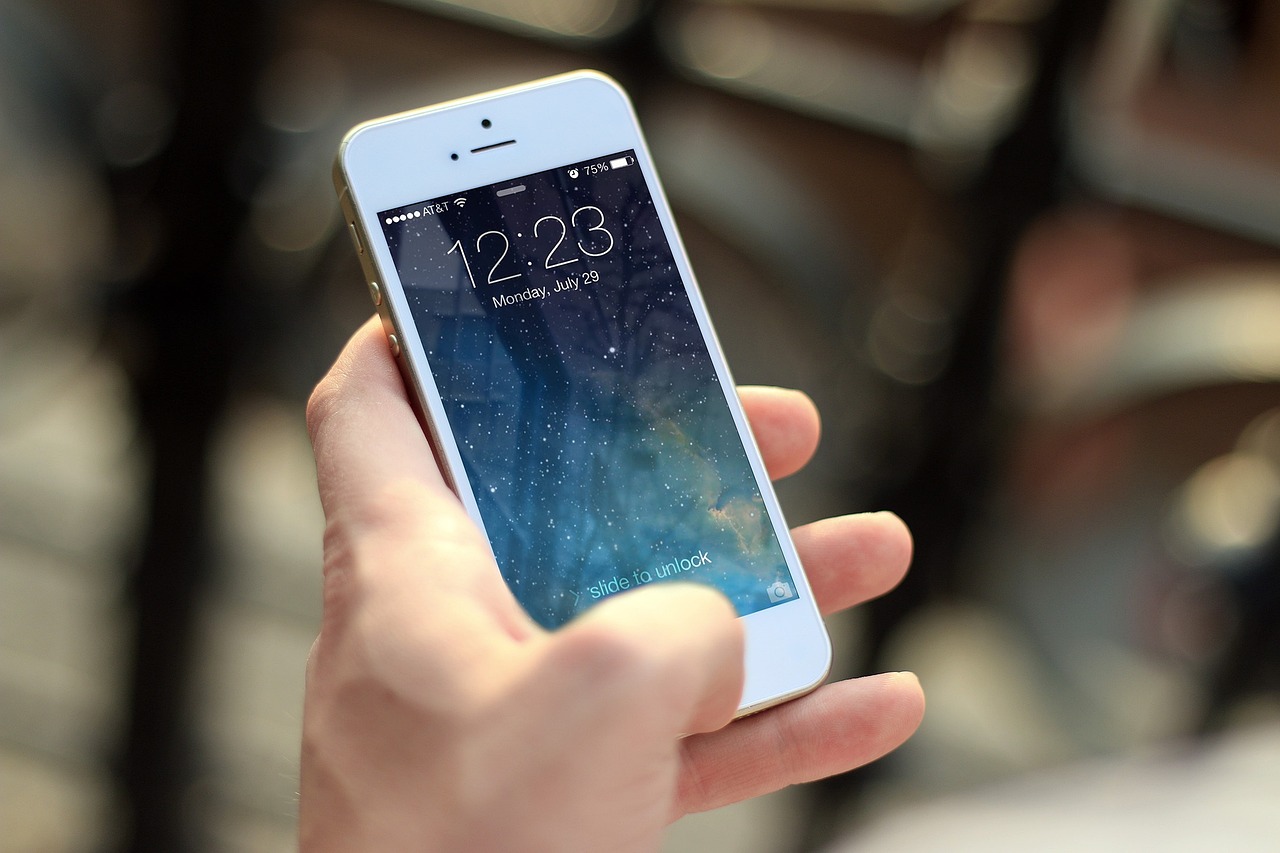The debate over cell phone use in schools continues. See which state plans to ban the device in the classroom.
Cell phones are only allowed in schools if they are in backpacks. This is one of the goals of a bill currently being processed in the Paraná legislature to regulate the use of cell phones by elementary school students in public and private schools in Paraná.
The proposal was authored by state deputy Evandro Araújo (JPA) and is on the agenda of the Constitutional and Judicial Committee (CCJ), which is expected to be considered next week. The project follows a model already in progress in other states including São Paulo and Rio de Janeiro. Continue reading and better understand what will happen in the state.

No cell phones at school
The aim of this project is to create clear guidelines for the responsible use of phones in schools, adapting their use to the technological context of the school environment. According to the authors of the proposal, the idea is not to prohibit the use of technological devices, but rather to prevent their use for purposes that do not have educational significance.
“There has been a law that prohibits their use since 2014, but it is not enforced in schools. Students bring their cell phones to class and leave them in their desks,” said Congressman Araújo. The proposal, which aims to repeal the 2014 law and regulate the use of cell phones in schools, would require that cell phones in students’ backpacks be turned off or on silent mode.
In addition, parents and teachers will be responsible for ensuring that students use technological devices appropriately. However, there are reservations regarding the use of devices at school by students with disabilities or who require support. The project foresees that if the established rules are not followed, teachers will be able to alert students and, if necessary, contact the school's educational team together with the person responsible for the young person.
Pedagogical use
Education experts say cell phones can be used, but only for educational purposes. According to Reginaldo Rodríguez da Costa, professor at the School of Education and Humanities at PUCPR, prohibition is not the way forward. But students need to be guided on the best way to use it as an educational resource.
UNESCO’s 2023 Global Education Monitoring Report shows that there is little convincing evidence on the added value of technology in education. The study also notes that technology has a low to moderate positive impact on some types of learning, such as mathematics. “A review of 23 mathematics apps used in primary education found that they focused on memorization and practice rather than advanced skills,” the report said.
State deputy Evandro Araújo said he studied the use of screens and social networks by children and adolescents. “The time spent in front of screens causes cognitive impairment,” he said.
Social media blocking
The government of São Paulo has blocked social media in schools to aid learning. Earlier this year, the Education Department of the São Paulo government decided restrict use social networking and video streaming services that use state-provided Wi-Fi networks.
Students in 5,000 public schools in São Paulo are unable to access platforms such as TikTok, Facebook, Instagram, or X (formerly Twitter) are blocked by the Intragov network during school hours. This decision came into effect on February 13. At the time, this decision was frowned upon by opponents of the Tarcísio de Freitas (Republican) government. They believed that social media could serve as a learning support. However, a study cited in the Gazeta do Povo report found that social media tends to interfere with school performance.



